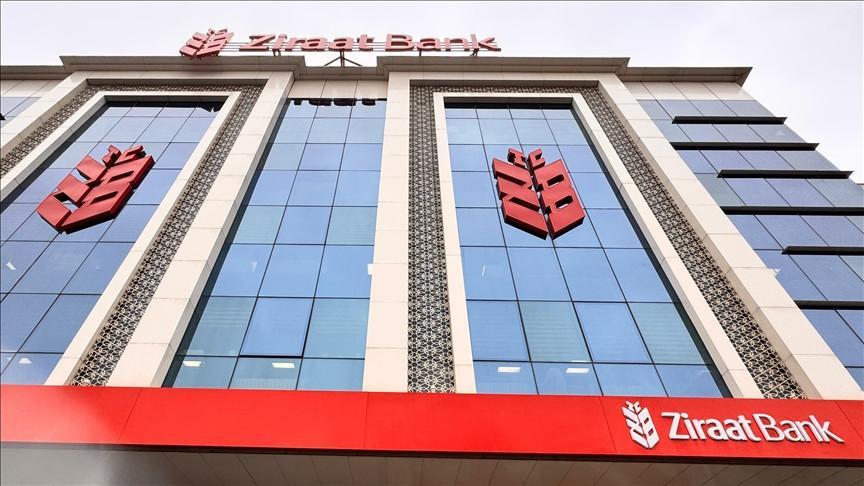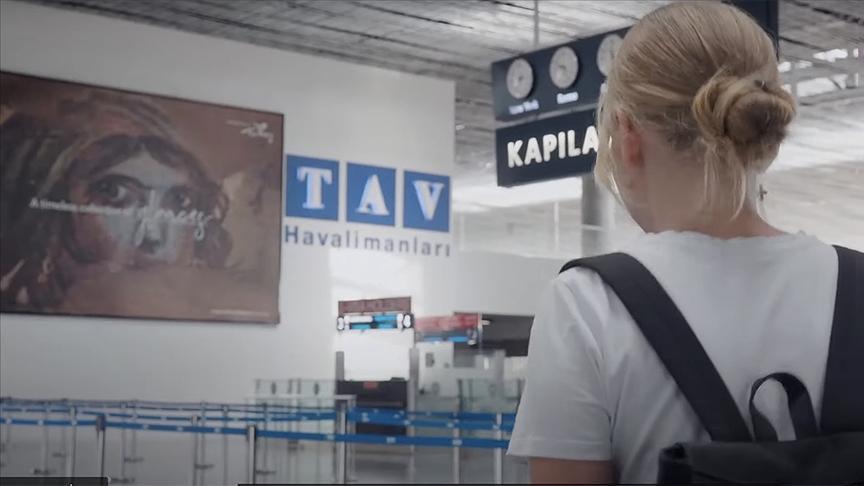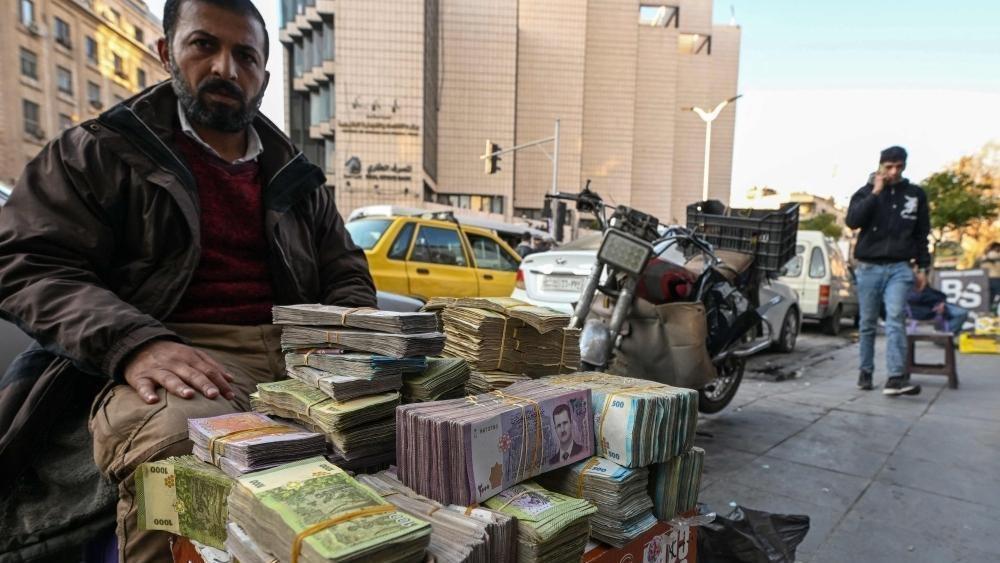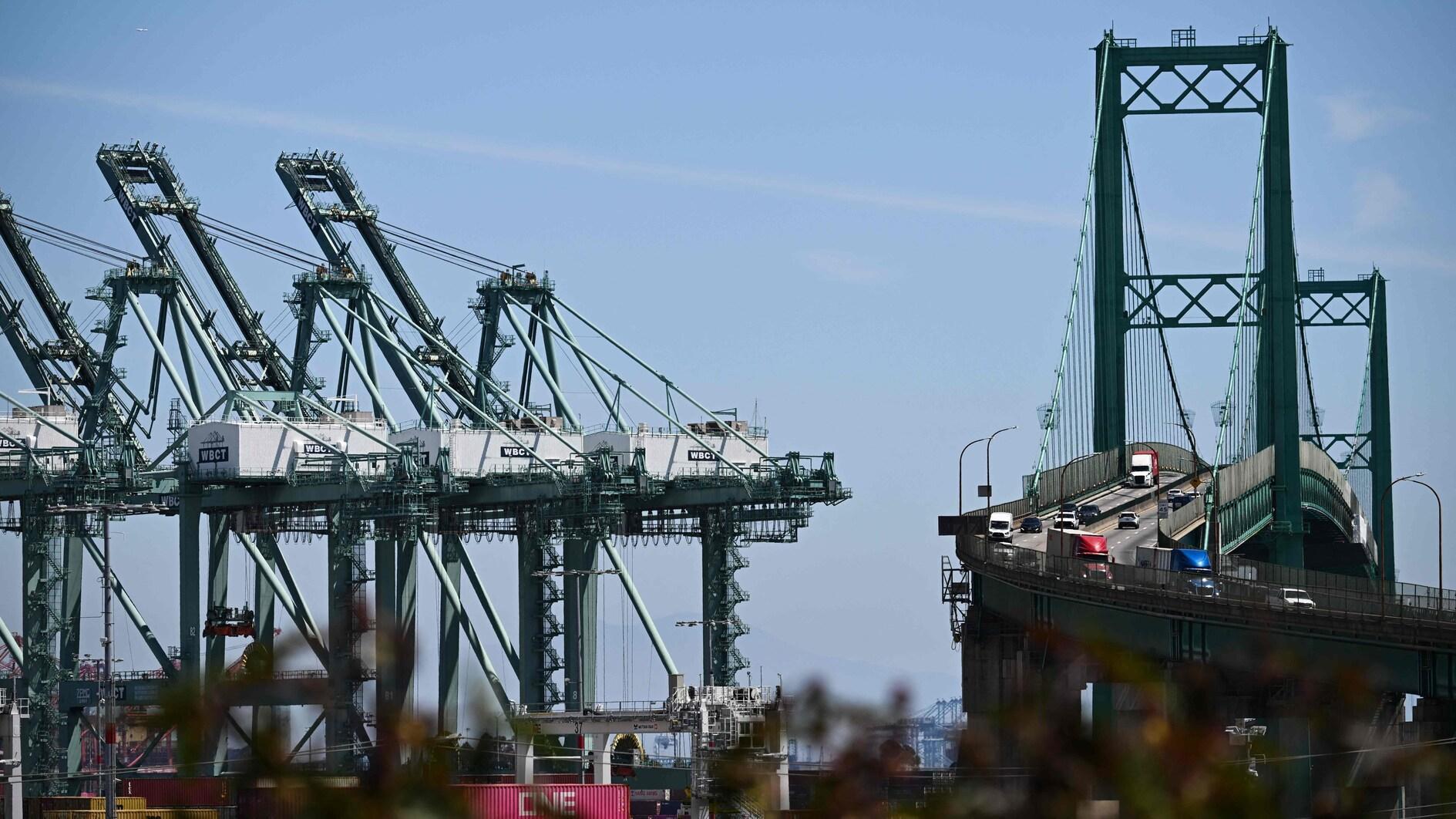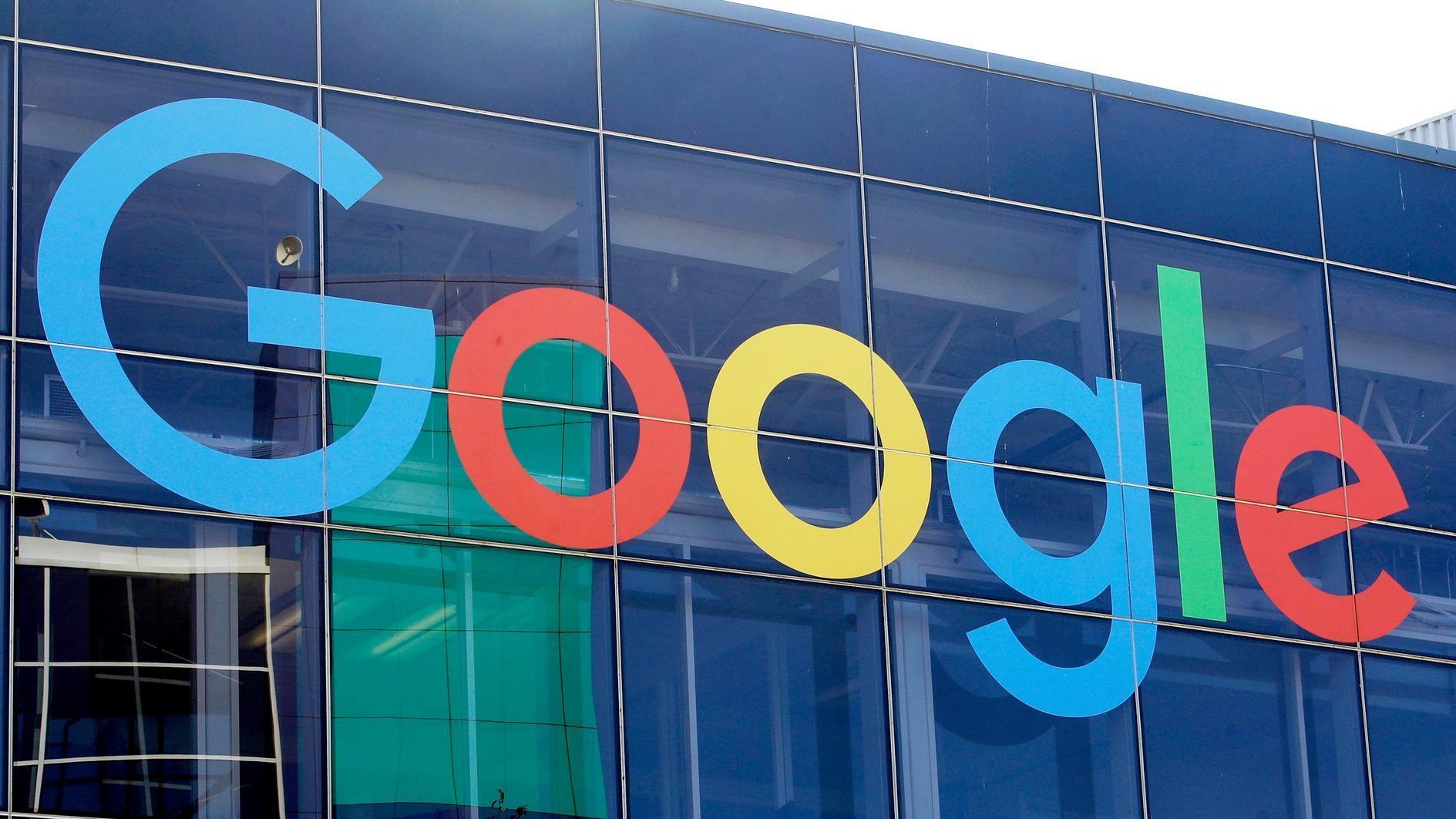A deafening silence at the Palace
The “Palace,” as it has come to be proverbially known in the short space of time that it has started to be used, has fallen into what we might call with literary flair a “deafening silence” following the elections.
President Recep Tayyip Erdoğan may have broken his silence by the time you are reading this piece, but going at least 48 hours without uttering something or blasting away at someone is highly uncharacteristic of him.
No doubt he has much to mull over, now that his political plans for the future are in tatters. His first instinct will be to angrily blame others for this failure, starting with his well-worn argument about “external forces” and a “higher mind” that engineered this. He will, however, have to focus at some stage on the more realistic reasons for the outcome of June 7’s polls.
During the campaign period, he had already blamed the Justice and Development Party’s (AKP) organizations for lethargy. His meeting with Prime Minister Ahmet Davutoğlu on June 9 is unlikely to have been a comfortable one in this respect.
But Erdoğan will eventually have to focus on his own mistakes, too, and consider how these may have contributed significantly to the AKP’s election result as the party that lost the most support, even if it came first in the end, leaving it unable to form a government on its own.
In hindsight, Erdoğan’s first mistake may have been to run for president in 2014. He was overly confident, after he was elected with over 50 percent of the vote, that the AKP would get enough support in the June 7 general elections to make him the supreme leader of Turkey, which he cannot be under the present constitution.
Had Erdoğan stayed at the helm of the AKP and allowed someone like former president Abdullah Gül to run for president, he would most likely have more executive powers than he has today because the AKP’s chances of an electoral victory, based on his personal appeal to the conservative Islamic masses, would have been much higher. His ambitions, however, got the better of him and he chose instead to go for the jackpot, a move that clearly drove many people, who may have supported him as prime minister, away.
Then, there was the ostentation and image of reckless wastefulness he started projecting as president, a fact exemplified by his exaggerated presidential palace and the manner in which he acted, in a country where millions still live under the poverty line.
In addition to this, there were the suspicions of corruption, involving not only members of Erdoğan’s government when he was prime minister but also his own son Bilal, and the widespread perception that Erdoğan was actively working to cover these up by co-opting the judiciary and police force.
In a piece for daily Hürriyet on June 9, the pollster Adil Gür, whose predictions are more or less right, pointed out that their survey taken immediately after the elections indicated that 14 percent of the vote that went to the Peoples’ Democratic Party (HDP) was from voters who were not necessarily Kurdish but whose sole aim was to block Erdoğan’s leadership ambitions.
Had the HDP failed to pass the 10 percent electoral barrage, which it passed with help from these voters, Erdoğan would have been much better placed politically today than he currently is. This means that playing the Turkish nationalist card to drive voters away from the pro-Kurdish HDP backfired doubly for him, because it also alienated Kurds in the southeast who voted for the AKP in the past, and drove them to the HDP.
There must be other reasons for the AKP’s, and consequently Erdoğan’s, failure and they will undoubtedly be voiced in the coming days and weeks, but these are some that come immediately to mind.



